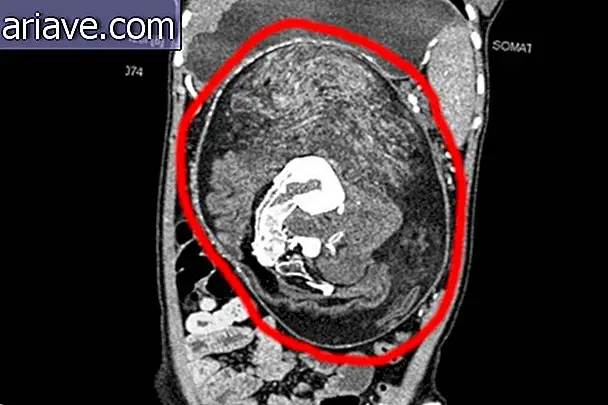AI quantifies influence of smoking on aging
It is not uncommon to hear warnings about how smoking can have serious consequences. But if you still need arguments to quit this awful habit once and for all, you now have one more justification: Artificial Intelligence (AI) acting in assessing the way smoking acts on a biochemical level.
Researchers at Insilico Medicine, a US-based biotechnology company, have trained an Artificial Intelligence algorithm to identify the biological age difference of smokers and non-smokers, as reported in Scientific Reports. "In this study, we demonstrated for the first time that the consequence of smoking can be predicted through blood biochemistry using cell count results and recent advances in Artificial Intelligence (AI), " the scientists explained.

On average, women who smoke were identified as twice as old as their real age, compared with nonsmokers. For men, that number dropped slightly, on average 1.5. The result, however, was only observed in people under 40 years. The results of the new study were recently published in an article titled "Biochemical Blood Analysis to Detect Smoking Status and Quantify Accelerated Aging in Smokers."
The researchers provided Artificial Intelligence with the blood of 149, 000 people collected through routine blood tests. Of this total, 49, 000 were smokers. The machine then learned to look for blood patterns based on 66 age-related biomarkers, including glycated hemoglobin, urea, fasting glucose, ferritin, and others.
Once trained, Artificial Intelligence was challenged to guess the age of "blood" based on the biochemistry present in it. They found that AI was perfectly capable of identifying the age of non-smokers. But if she were a smoker under the age of 40, she predicted that her biological age was "significantly greater than her chronological age."
Although this was the first study to use blood test results to quantify the influence of smoking on aging, others have identified signs such as the impact on epigenetic (cellular material) aging. As you might already imagine, the results are also bad with the influence of smoking. "I am pleased to be part of the study, which provides fascinating scientific evidence, " said Polina Mamoshina, senior researcher at Insilico Medicine.











